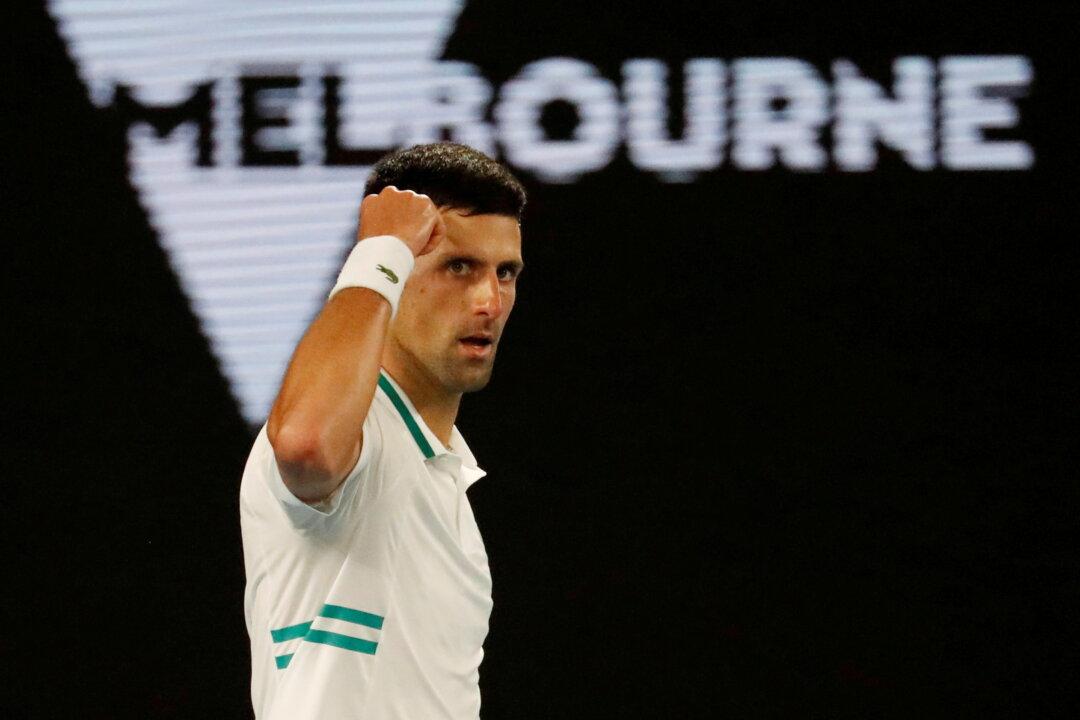Commentary
The announcement that Novak Djokovic, the world’s number one ranked tennis player, had received a medical exemption from compulsory vaccination to enable him to participate in the Australian Open—since removed—was received in Australia with disbelief. Djokovic himself announced the news on social media on Tuesday, and Australians, including most sports commentators, reacted negatively to the information.





